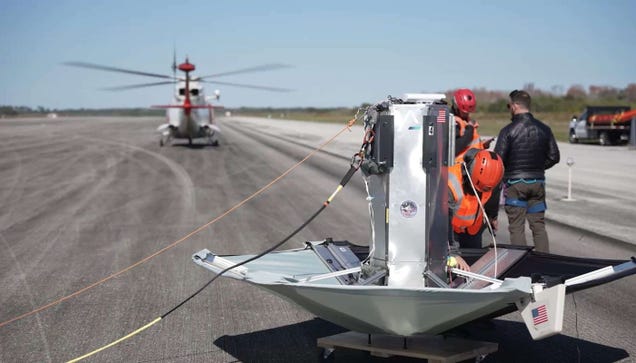
Back in the 1980s, FedEx had a great tagline: “When it absolutely, positively has to be there overnight.” Well, in situations like ground conflicts and disaster scenarios, that’s not good enough.

Back in the 1980s, FedEx had a great tagline: “When it absolutely, positively has to be there overnight.” Well, in situations like ground conflicts and disaster scenarios, that’s not good enough.
NASA’s experimental solar sail is ready to take flight in Earth orbit, using the pressure of sunlight to test a new way of propulsion through the cosmos.
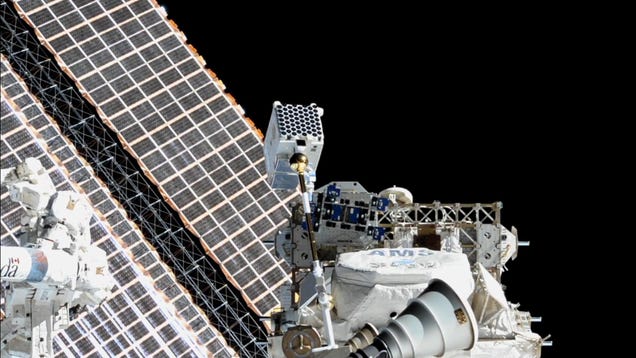
NASA is preparing to send astronauts on a spacewalk to repair a telescope mounted on the exterior of the International Space Station (ISS). The repair involves installing patches to eliminate unwanted sunlight leaking into the instrument.
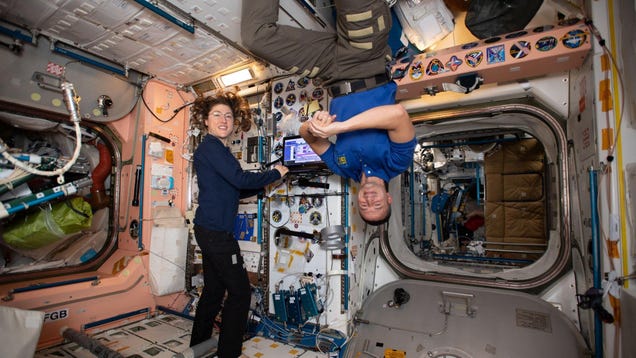
The International Space Station (ISS) is home to crews of astronauts conducting research in low Earth orbit, but it also hosts a group of mutated bacteria that are thriving under the harsh conditions of space.
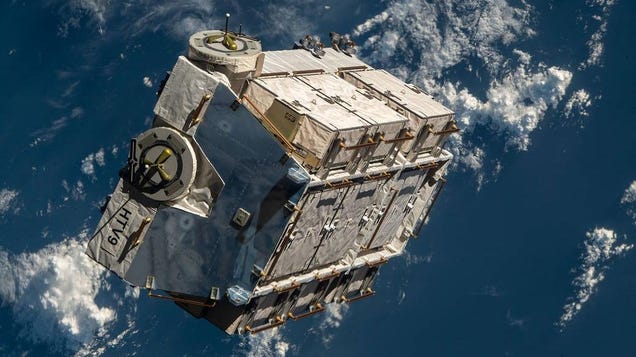
Well, this is awkward. A NASA investigation confirmed that a small piece of trash tossed from the International Space Station (ISS) survived atmospheric reentry and ended up in a Florida home. This is a rare case of space junk causing damage on Earth, and the homeowner may be seeking legal action.
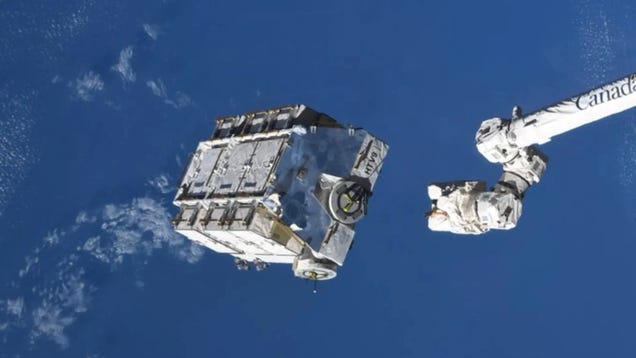
On March 8, a small, cylinder-shaped object fell from the skies and crashed through the roof of a family home in Naples, Florida. Alejandro Otero, the homeowner, suspected it came from space but he wasn’t sure what he needed to do get NASA’s attention and be taken seriously.
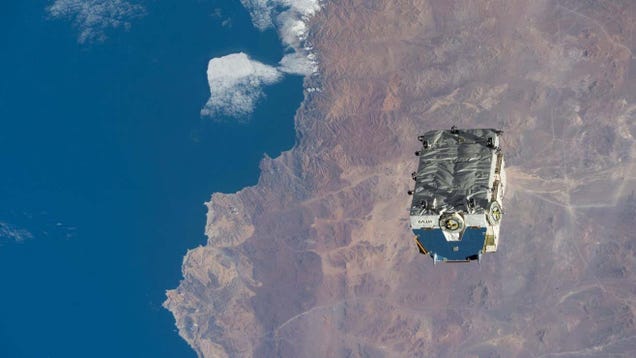
Three years ago, NASA tossed a massive pallet of old batteries from the International Space Station (ISS), hoping that it would burn up through Earth’s atmosphere.
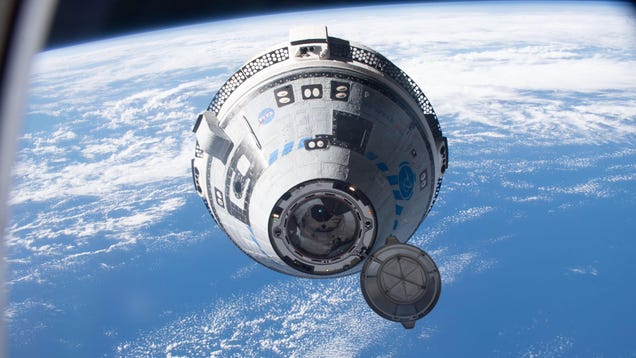
The Starliner spacecraft is finally ready for launch, targeting a liftoff date in May. It’s been a struggle to get to this point for Boeing’s crew vehicle, which suffered from a series of unfortunate delays over the years, the last of which had to do with two major safety hazards discovered on the spacecraft.
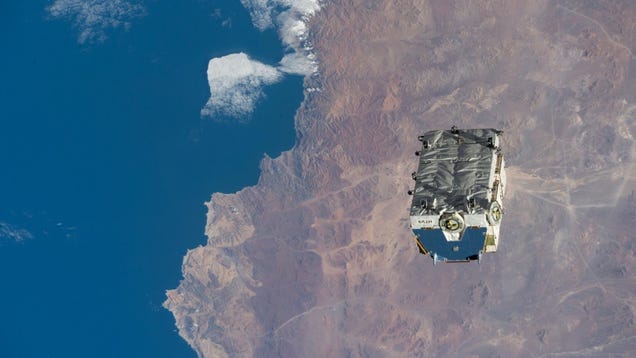
On Friday, March 8, a pallet of used batteries from the International Space Station (ISS) reentered Earth’s atmosphere over the Gulf of Mexico following an unpredictable journey through orbit.
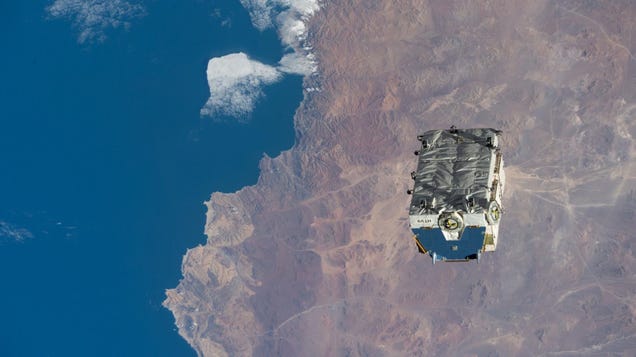
A 2.9-ton cargo pallet, once used for a critical battery upgrade mission on the International Space Station (ISS), is now approaching the end of its journey and is expected to reenter the Earth’s atmosphere in the coming days.